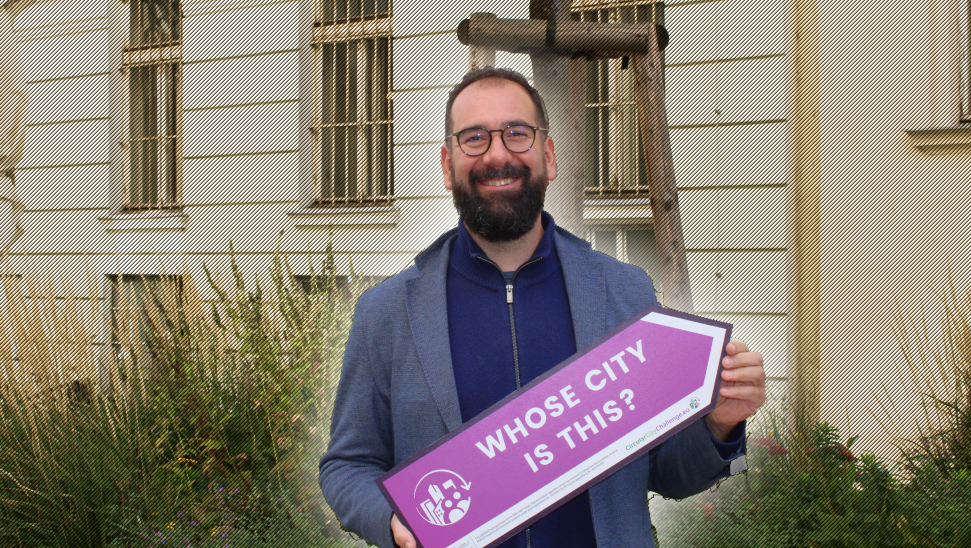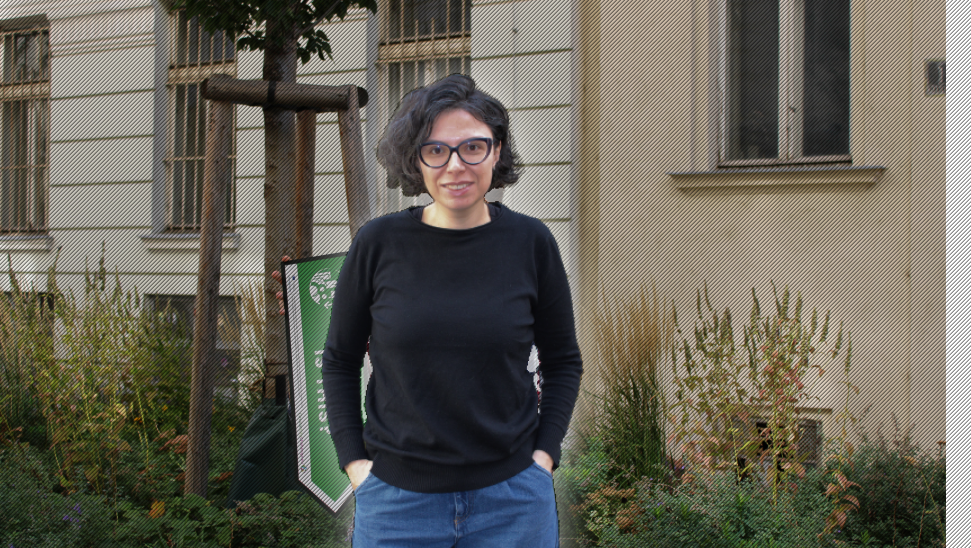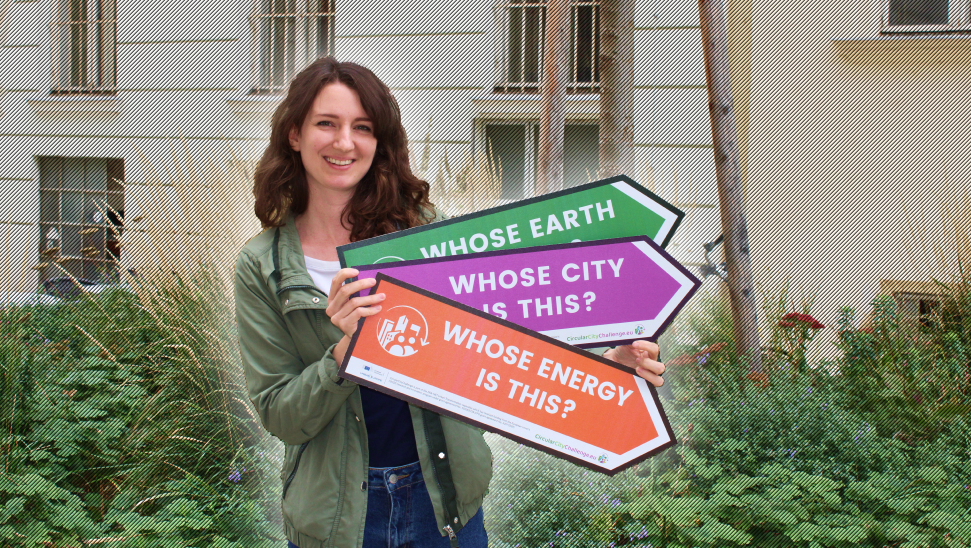
Meet the Team: Darian Meacham
Darian Meacham is Associate Professor of Philosophy at Maastricht University (Netherlands) and Principal Investigator for Ethics and Responsible Innovation at the Brightlands Institute for Smart Society (BISS), an interfaculty institute at Maastricht University. He is also the editor-in-chief of the Journal of the British Society for Phenomenology. Darian researches how the things we build shape the way we interact with one another, in politics, at work, and in scientific practice.
What drives you professionally? What do want to achieve with your (personal) work? What do you consider your biggest personal successes? What are the barriers to your ambition?
I am driven by a desire to understand social and political questions in the world around me. I love working with students who are continuously challenging me and I try to do the same for them. My biggest personal success is my family. I have a brilliant partner and two great kids (ages 8 and 11), and I’m very lucky. I am easily distracted by new and exciting questions and projects.
Why is CCC important to you? What is your role in the project?
I’m a city dweller, always have been. I have lived in some of the great cities of North America and Europe and each has taught me something. I love city life, the people, then energy, the chaos. At the same time, I think that the climate and environmental crisis is THE problem that humanity faces today. Not everyone is responsible, but we’ll all pay. The people who have contributed the least to the problem will pay the highest price. That’s unfair. It’s very easy to feel powerless (and I do), but I think it’s very important to try to do something in response to this crisis. Philosophers aren’t usually very good at acting in the face of crises, but projects like CCC give me some opportunity and that is important. I am part of a team at UM that is looking at ethical issues but also working to create tools and resources that participants in the CCC can eventually use.
How can CCC make a difference? What are the barriers to that? And what are the opportunities?
Young people will have to live with the environment that the older generations have left for them. It won’t be easy, but I think that one of the most important things that we (older people) can do is to make young people think that change is possible; that they can play an active role in shaping a better future for themselves but also the planet and all its people. That is a huge and daunting challenge; it’s also a big weight for young people to bear and I can understand that they easily grow cynical about politicians and anxious or depressed. If CCC can help students to feel like they have the power and the right to imagine a different way of living on this planet and try to bring them together across, for example, the EU, we will have accomplished something.


